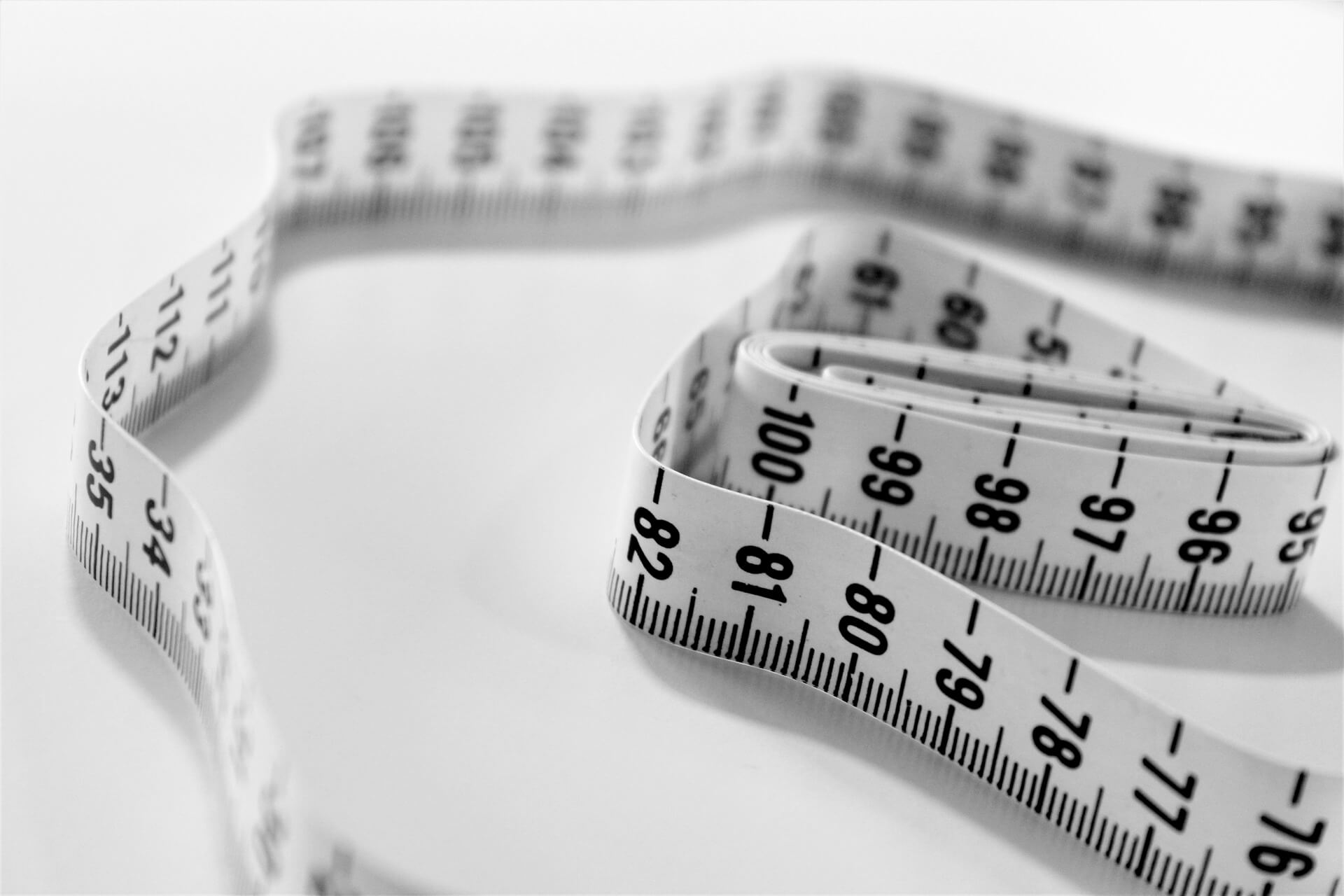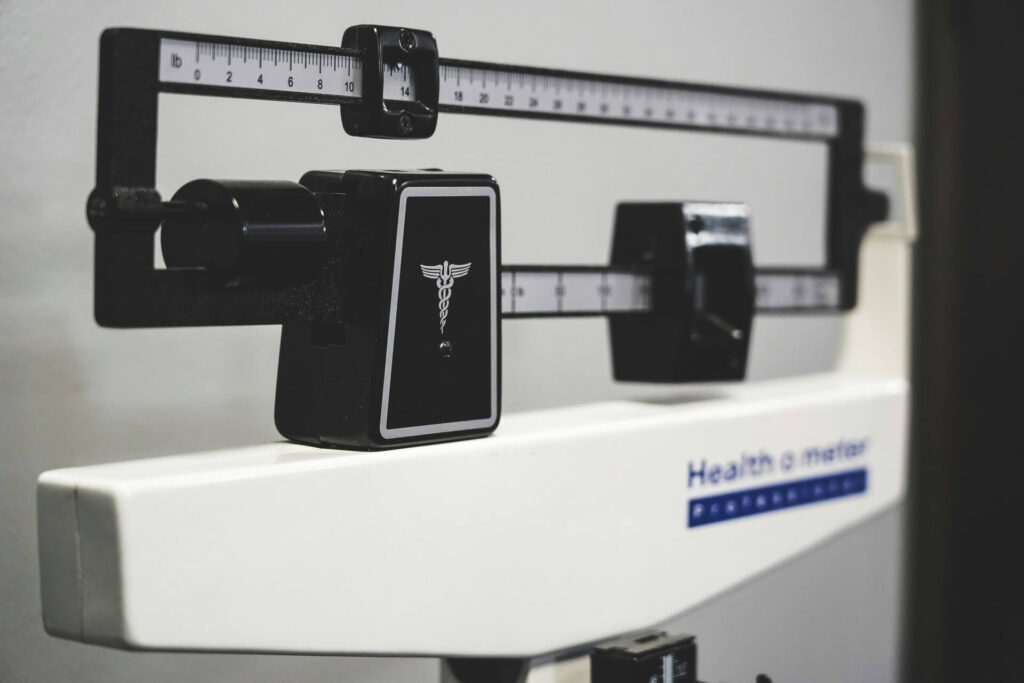
Body + Mind is reader-supported. We may earn an affiliate commission when you buy through some of the links on our site.
Losing weight without lifting a finger might sound like a dream — but before you celebrate, your body could be waving a red flag. If you’ve noticed the scale dropping and you’re not actively trying, it might be time to pause the high-fives and dig a little deeper. Let’s unpack what rapid, unexplained weight loss could mean — because while it’s sometimes harmless, it’s often your body’s subtle way of yelling “SOS!”

You might be wondering, “Okay, but when does weight loss become unintentional?” It’s generally considered unintentional if you shed more than 5% of your body weight within 6 to 12 months without trying. So, if you weigh 70 kg and drop around 3.5 kg or more without changing your diet or exercise, that’s something to take seriously.
Unintentional weight loss isn’t just a random number on the scale — it’s your body potentially sending a message. According to health experts, a small number of people over 65 experience unintentional weight loss each year, and while sometimes it’s harmless, other times it points to something that needs medical attention. So if you’ve been asking yourself, “Why am I losing weight without trying?”— it’s smart to pay attention.
Unintentional weight loss can have many reasons — some pretty common, others more surprising. Here’s a quick look:
Medical Causes: Conditions like hyperthyroidism (where your thyroid revs up your metabolism), diabetes, and certain cancers can cause your body to burn through calories faster than usual. For example, hyperthyroidism affects nearly 1 in 100 people, leading to rapid weight loss along with symptoms like irritability and sweating. Gastrointestinal disorders, like Crohn’s disease or celiac disease, also interfere with nutrient absorption, causing weight to drop.
Mental Health Triggers: Stress, anxiety, and depression can shrink your appetite or change your eating habits drastically. Emotional challenges often manifest physically — making your weight fluctuate without you realizing it.
Lifestyle Factors: Sometimes it’s less medical and more about habits — like overtraining at the gym, skipping meals, or side effects from medications. Even certain supplements or herbal teas can curb your appetite more than you expect.

Unintentional weight loss can look different depending on your age — and knowing what’s “normal” (or not) for your stage of life helps you respond wisely.
Young Adults (18–35):
If you’re in your twenties or thirties and dropping kilos without effort, it might be linked to high stress, overexercising, or digestive disorders like celiac or Crohn’s. Eating habits often shift during this phase too — think skipping meals, caffeine overload, or unbalanced diets during high-pressure work or study seasons.
Middle Age (35–55):
This is when hormone fluctuations — especially in women — thyroid issues, and early signs of diabetes or cardiovascular problems may start showing up. If you’re losing weight despite eating regularly, it could be time for a full health screen — not just a pat on the back.
Older Adults (55+):
Weight loss in later life is more likely to signal a medical condition — especially if it’s sudden or paired with appetite loss, weakness, or fatigue. According to the American Family Physician, some seniors with unintentional weight loss receive a serious diagnosis such as cancer, gastrointestinal disease, or depression.
At any age, if something feels off, trust your gut — literally and figuratively.
Not all unintentional weight loss is harmless, so it’s crucial to recognize when it’s time to act. Here are some red flags that shouldn’t be ignored:
If you’re noticing these along with dropping kilos, it’s your body’s way of flashing an SOS. Experts say losing more than 5% of your body weight in 6 to 12 months, especially with these symptoms, means it’s time to see a healthcare professional for a full checkup. Don’t wait until things escalate — early detection is key.
Not all rapid weight loss is a red flag. Sometimes, dropping pounds without really trying can actually mean you’re on the right track — especially if you recently made positive lifestyle changes. Maybe you started eating cleaner, kicked sugar to the curb, or became more active without even noticing the calorie burn.
The key difference is that healthy, intentional weight loss usually comes with feeling energized, clear-headed, and strong — not weak or dizzy. If your energy levels are up and your clothes are fitting better, you might just be reaping the benefits of good habits. But always listen to your body carefully. Weight loss without other symptoms is likely a “yay,” but if you feel off, it’s worth a closer look.

So, you’re shedding kilos, and you’re not sure why? Here’s a simple, step-by-step game plan:
If left unchecked, unintentional weight loss can lead to nutrient deficiencies, muscle loss, and weakened immunity — so early action truly matters.
Losing weight without trying might feel like a win, but it’s often your body’s way of raising a red flag. Stay curious, listen closely, and seek professional advice if needed. After all, your health is more than just a number on the scale!
Your email address will only be used to send you our newsletter, and at any time you may unsubscribe. For more information, see our Privacy Policy.